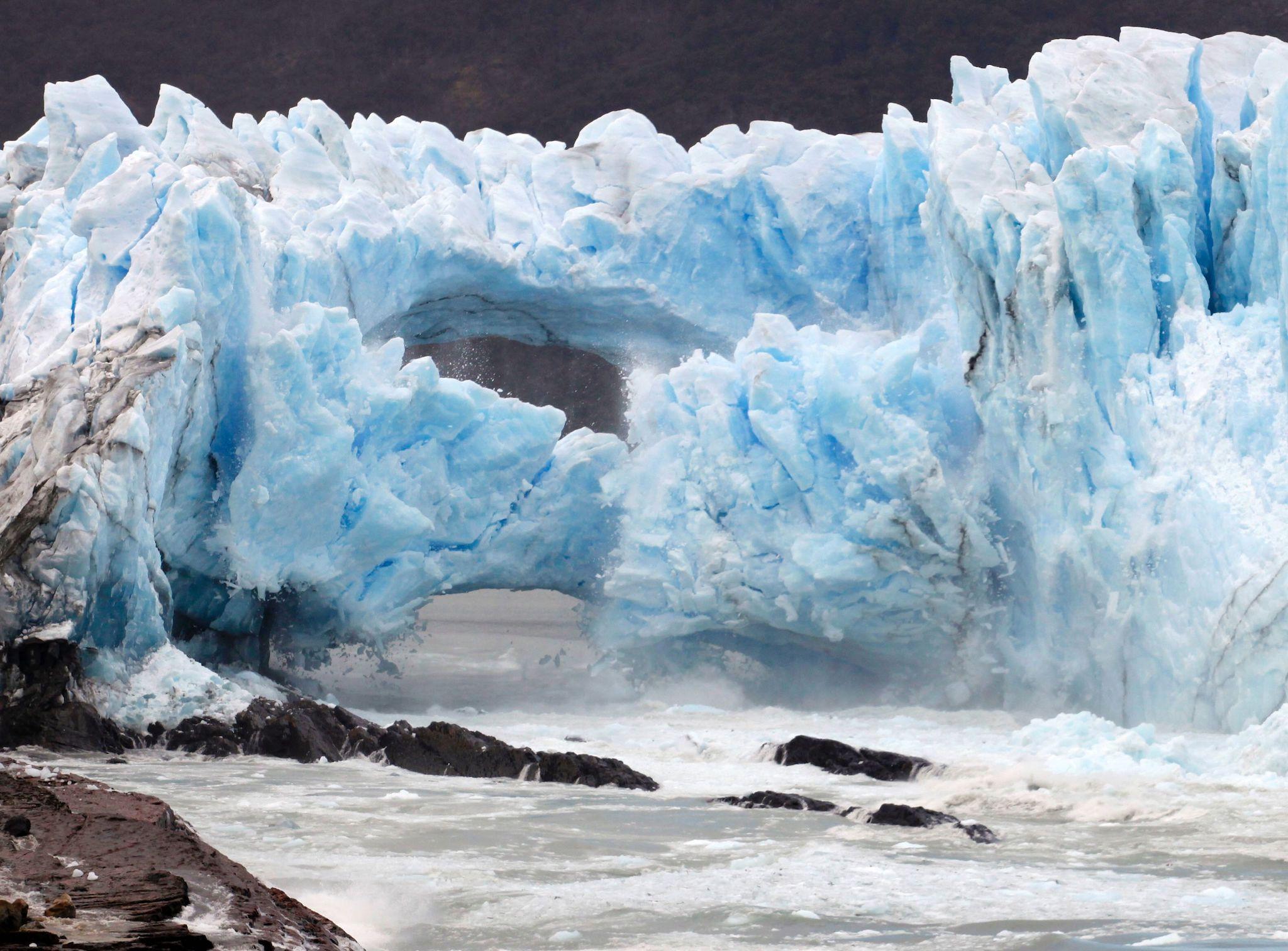Climate change ‘pause’ does not exist, scientists show, in wounding blow for global warming denialists
Many researchers had agreed that global warming appeared to be slowing in recent years – but that isn’t the case

Your support helps us to tell the story
From reproductive rights to climate change to Big Tech, The Independent is on the ground when the story is developing. Whether it's investigating the financials of Elon Musk's pro-Trump PAC or producing our latest documentary, 'The A Word', which shines a light on the American women fighting for reproductive rights, we know how important it is to parse out the facts from the messaging.
At such a critical moment in US history, we need reporters on the ground. Your donation allows us to keep sending journalists to speak to both sides of the story.
The Independent is trusted by Americans across the entire political spectrum. And unlike many other quality news outlets, we choose not to lock Americans out of our reporting and analysis with paywalls. We believe quality journalism should be available to everyone, paid for by those who can afford it.
Your support makes all the difference.Claims that global warming is on “pause” are wrong, new research has found.
Many researchers have long thought that there had been a slowdown in the rate of global warming in recent years. It was a claim often made by those who doubt or downplay the effects of man-made climate change, who argued that the slowdown showed that warming was happening less quickly or extremely than claimed.
But new research published in the journal Science Advances supports previous studies that find scientists have been underestimating the rise in ocean temperatures for decades.
After the re-evaluation, scientists have suggested that what looked like a pause in temperatures between 1998 and 2014 didn’t seem to have happened at all.
The study finds that the US National Oceanic and Atmospheric Administration was right when it challenged the pause in a major paper published in Science in 2015. That paper used an updated set of data to prove that the planet’s oceans had actually warmed and that the behaviour was consistent with the more long-term trend.
It showed that the ocean buoys that are now used to measure sea temperatures reported slightly cooler temperatures than the ship-based systems that were used before. The latter were used throughout the 1990s and most measurements have now switched to buoys – giving the impression that the temperatures were cooler.
That paper became both highly controversial and hugely important, leading to discussions in congress and huge changes in the estimates of the damage of climate change.
The new study finds that the NOAA report was correct in adjusting the data. It looks at the biases that the organisation corrected for and found that they were right to do so, and that other temperature datasets should see the same adjustments.
It did so by creating separate records of ocean temperatures made using different measuring systems. It then compared them to the different NOAA records and found that the newly-updated one was more accurate.
That is important partly because NOAA had been accused of making the change for political reasons, and to increase the concern about climate change. But the researchers found that there was no “no cooking of the books” and that all the adjustments were accurate.
Join our commenting forum
Join thought-provoking conversations, follow other Independent readers and see their replies
Comments